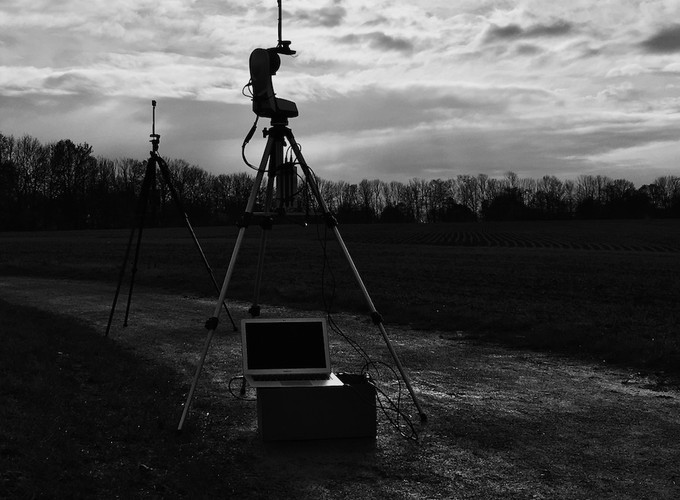Ultra-Wideband Antenna-Induced Error Prediction using Deep Learning on Channel Response Data

Ultra-Wideband Antenna-Induced Error Prediction using Deep Learning on Channel Response Data
Abstract
Ultra-wideband wireless positioning technologies based on IEEE 802.15.4a have gained attention for various use cases requiring highly precise localization. In this paper the orientation dependent characteristics of commonly used ultra- wideband modules are experimentally determined and analyzed. The specific challenge addressed in this paper is the prediction of orientation induced ranging errors through channel response analysis. For the in-depth validation of the proposed methodology, two experiments are performed. The first one is conducted indoors to demonstrate the system behavior in dense multipath environments, whereas the second experiment is executed in an outdoor environment to allow for detailed analysis with as few multipath components as possible. In a second step, a deep learning neural network is applied to the channel response data, showing that the orientation induced ranging error estimate can be improved significantly using the proposed method.